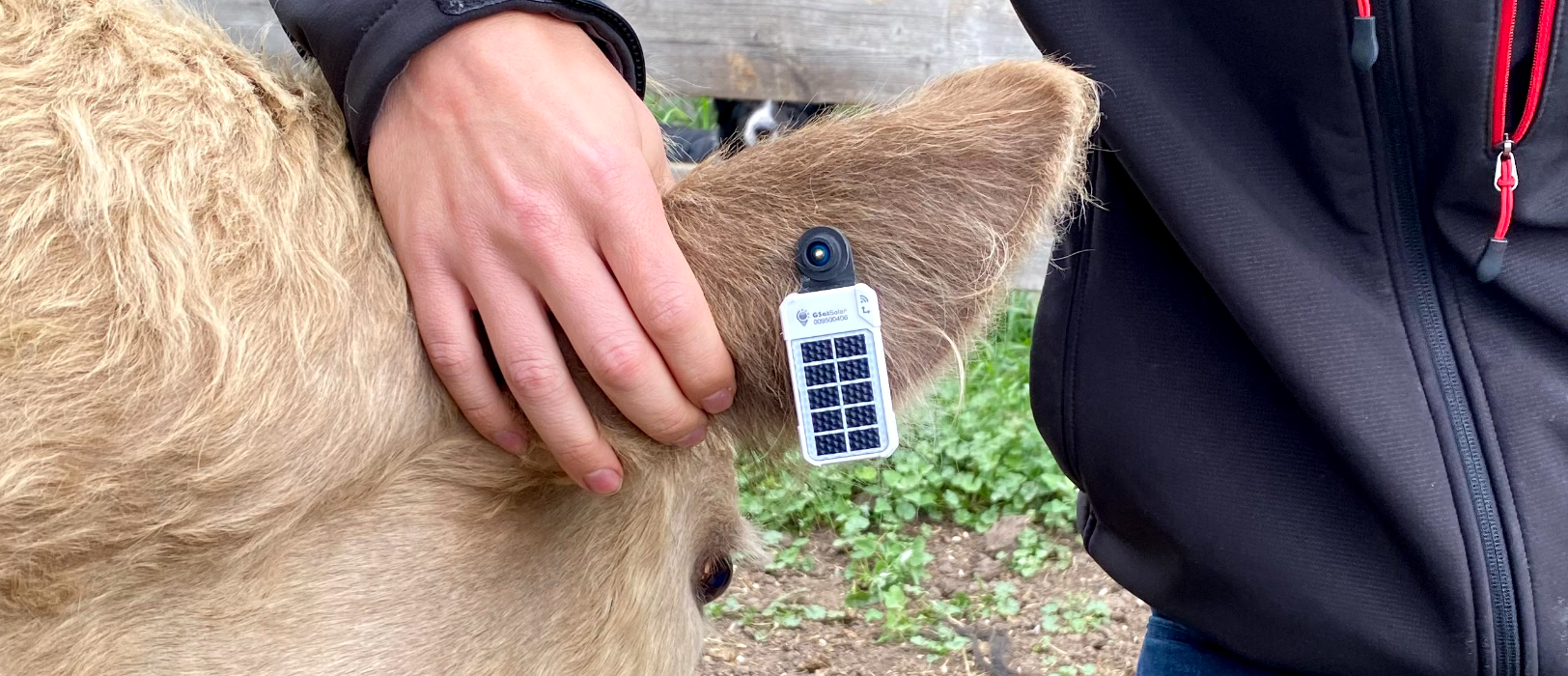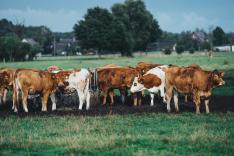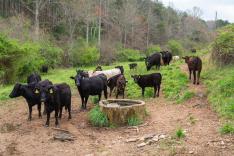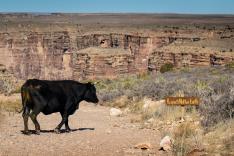Land Usage Optimization with GSatRancher
Use Land More Efficiently
Critical Insights from Movement History
Knowing where they are tells you a lot. Knowing where they’ve been could tell you even more.
Water Supply Management
Get Alerts for too much or too little water supply activity
Water supply related data is some of the most important information that can be made available by tracking with GSatRancher units. Knowing whether animals are spending too much time near a water source or if they’re not visiting any known water sources can provide insights related to disease outbreaks and contaminated water supplies. There is also a measurable difference in average daily weight gain (ADWG) when animals spend less time moving throughout the day, and lower ADWG numbers correlate with lower finishing weights or a need for additional finishing costs and feedlot confinement.
When tracking animals with GSatRancher units, farmers gain access to GSatTrack as well, where they can set up Geofences around known water supplies and configure Alerts to send notifications directly to their phone whenever an animal spends too much or too little time near any water source. These Alerts, when coming in from a number of animals in the herd, could indicate a contaminated supply, broken pumping system, or some other problem that needs to be addressed immediately, allowing ranchers to get a head start on potentially life-saving actions.
Better Grazing Rotation
Geofences and location history heatmaps identify problem areas
Research conducted by CQUniversity in Australia (funded by Meat and Livestock Australia, published May 2018) places a staggering amount of emphasis on the ability to track animal usage of grazing lands over time. This is perhaps because of Australia’s ranches being predominantly privately held and managed lands, with the responsibility for maintaining pastures falling to the ranchers themselves. Private ownership of grazing land means fertilization, irrigation, and water supply management also becomes a financial burden of significant consideration, so data that can aid in cost management is much more valuable in markets like Australia.
The US equivalent of private land management for ranchers that utilize public lands for grazing is the concept of proper stewardship and responsible use of BLM-governed territories. This includes preservation of riparian zones, prevention of overgrazing, and prevention of animal-related fouling of natural water sources. Each of these stewardship initiatives requires ranchers to know where their animals are, and also where they have been. It requires them to keep track of how much or how little time animals spend in particular areas, especially if there is a water source nearby.
In either case, grazing rotation is a part of the job for ranchers, and long-term tracking of land usage can help people identify the natural movement of animals. Heatmaps help track areas of land that are potentially over or under grazed, which can help farmers identify potential problems, like parcels of land with too much phosphorus from over-fertilization. Being able to rotate animals efficiently and ensure proper regrowth is a boon to both public and private land stewardship.
Boundaries and Buffers
Get Alerts when animals aren't where they should be
Geofences are also a great tool when used creatively to establish buffer zones near areas that animals aren’t supposed to be, or to mark the edges of grazing areas so farmers know when an animal has broken containment. Coupling these Geofences with Alerts that automatically get sent directly to any phone number or email address creates a 24-hour cow sitter that never takes a day off.






